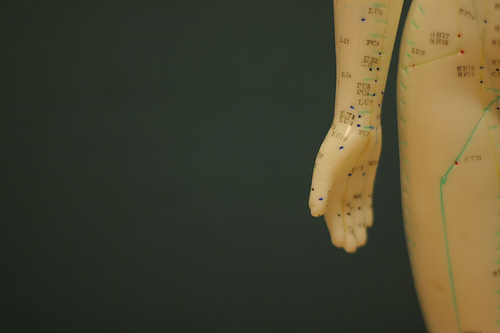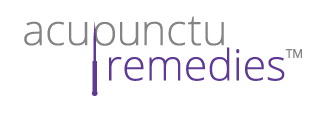
Here are four common myths about acupuncture and the facts behind them:
Myth 1: Acupuncture is ancient folk medicine; no legitimate healthcare professional would recommend it
Acupuncture is a treatment option currently recommended by many medical institutions. Many clinical research trials on acupuncture are funded by the National Institutes of Health (NIH). Both the NIH and the World Health Organization (WHO) recognize acupuncture as a valid treatment for a wide range of conditions.
Myth 2: Acupuncture hurts — after all, we’re talking needles
Although needles are used, they are very slender and fine (about the size of a cat whisker). You may or may not feel an initial prick, sometimes described as a mosquito bite. Any discomfort either will fade on its own or will be relieved as your acupuncturist adjusts the needles.
Myth 3: Acupuncture’s effects are psychological. It doesn’t really do anything
Clinical studies have shown that acupuncture affects the body’s nervous system and immune system, as well as decreases inflammation associated with some diseases. For example, studies reveal that during acupuncture, our brains begin to release chemicals such as endorphins (natural painkillers).
Myth 4: Acupuncture is only useful in treating pain
It’s true that acupuncture helps relieve joint pain, back pain, sciatica, headaches, stomach pain and menstrual cramps. However, acupuncture also is used to treat rheumatoid arthritis, nausea/vomiting, chemotherapy side effects, morning sickness, hypertension (high blood pressure), allergies, depression, infertility and other conditions.
Source: The Cleveland Clinic


